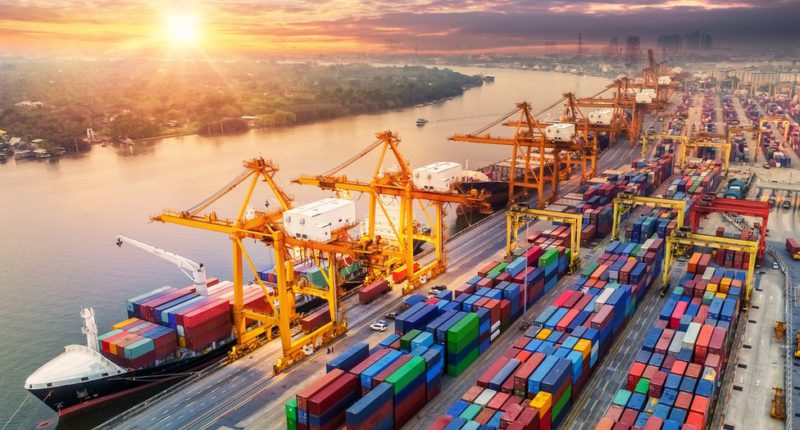In an effort to strengthen economic ties, the UK has launched a programme to lower tariffs on hundreds of products coming from some of the world’s poorest nations. Preferential terms will apply to a variety of goods, from food to textiles, when they go into force early in the following year.
Ninety-nine percent of the items imported from Africa will be duty-free under the Developing Countries Trading Scheme. According to ministers, the programme helps the country fulfil its post-Brexit commitment to reclaim control over its trade policy while also lowering reliance on foreign assistance.
Since items like cucumbers cannot be produced in the UK during the winter, the scheme eliminates some seasonal duties on these items, making them tariff-free in most participating nations during this time. Additionally, it makes trade regulations easier to understand, such as the rules of origin, which specify how much of a product must be produced in the nation of origin.
This, according to Mohammed Jabbar, managing director of Bangladeshi textile giant DBL Group, is a “game changer” for his business. “[the reforms] imply we will be able to get our cotton from many more nations than we could before, which will increase our supply chains’ resilience and make the firm more competitive.”
What you should know
- On 31st January 2020, The United Kingdom left the European union, this saw the signing of new trade deals
- UK is the only sovereign country to leave the EU
- Since the Brexit, the UK has gained freedom to pursue its own trade deals away from the EU.
- As of October 2021, it has signed deals with 65 countries, including one with the EU.

